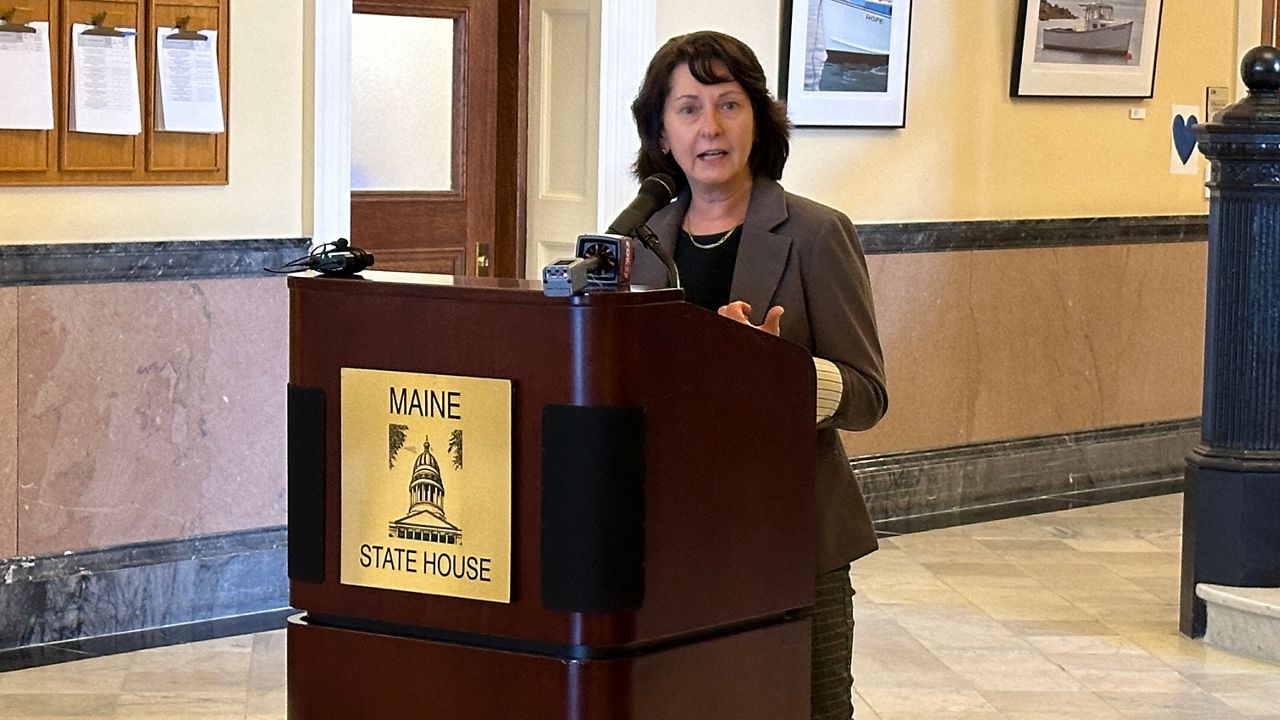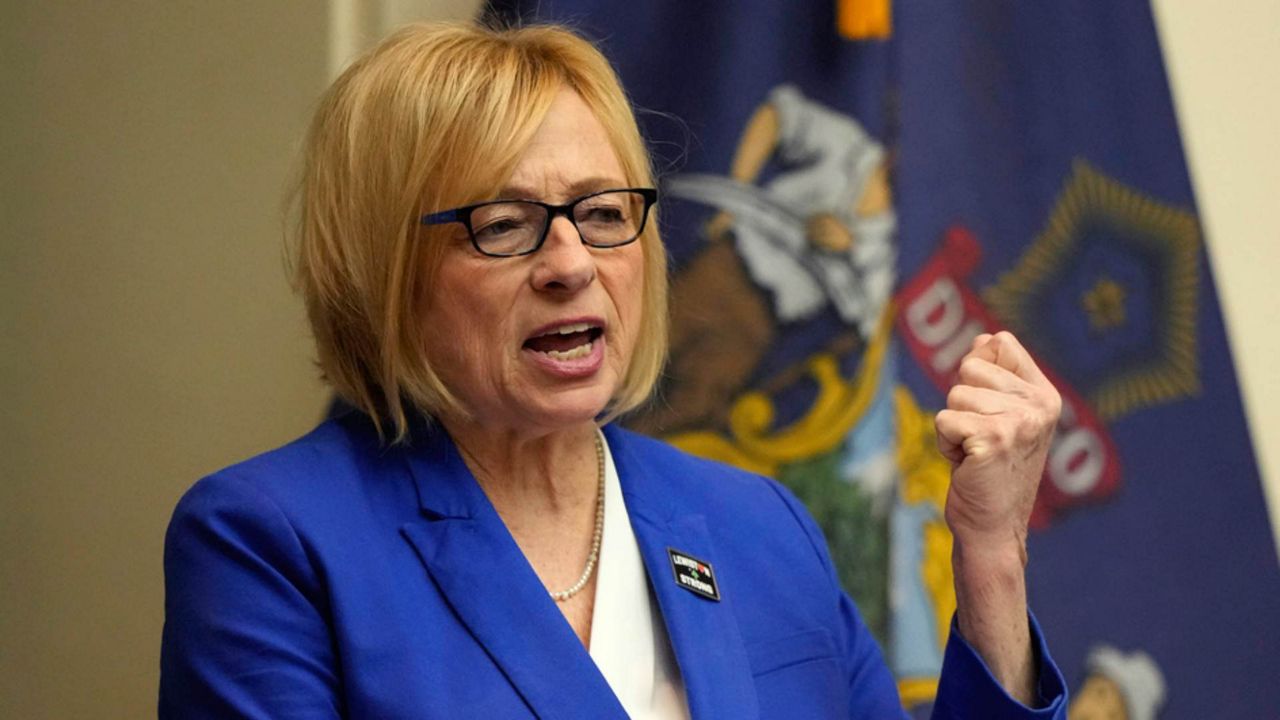Long term care workers are calling on Maine lawmakers to better fund elder care facilities following the closure of 23 nursing homes in the last 10 years.
Several advocacy groups flocked to the State House Thursday to emphasize that the $96 million annual shortfall in funding is going to make providing care in the future more difficult.
“We are grappling with the lowest workforce levels in the long-term care sector in the last 13 years,” said Angela Westhoff, president of the Maine Health Care Association, which represents 200 nursing homes and assisted living facilities across the state.
Several factors led to shortage: the COVID-19 pandemic, a lack of childcare, not enough affordable housing and the state’s requirement that nursing home staff be vaccinated against COVID-19 early on in the pandemic, said Wanda Pelkey, the association’s chairwoman.
Westhoff said it will take four years to get back up to staff.
“The pandemic hit our industry hard,” she said. “Nursing homes and residential care facilities were on the front lines against the COVID pandemic. It was a physically and emotionally challenging time for our caregivers that ultimately caused many staff to leave their jobs.”
One of the solutions has been to turn to temporary staffing agencies, the cost of which has grown from $49 million before the pandemic to $150 million, she said.
The increased cost of staffing, combined with inadequate Medicaid reimbursement rates, will likely lead to more nursing home closures unless something changes, according to the association.
Data shows that nursing homes lose about $40 per day for patients whose care is covered by MaineCare, the state’s Medicaid program.
From 2012 to 2022, the MaineCare reimbursement shortfall increased from $28 million to $43 million, the association said. It now stands at $96 million, two-thirds of which will be paid by the federal government, leaving Maine to come up with about $31 million, Pelkey said.
For direct care worker Justin Dyer, the workforce shortage is a daily battle, with his facility carrying 56 vacancies out of 300 staff members.
“We’re losing (direct support professionals) and qualified mental health staff across the field because they can go to the local hospital and be a janitor for $19 an hour,” he said, compared to the $16 an hour they would make at a local nursing home.
For years, the industry has struggled in Maine. In 1995, the state had 132 nursing homes and today the number is 81. The association is warning that Maine is the oldest state in the country and that a higher percentage of Mainers in nursing homes have dementia compared to other states.
Statistics show 52.5% of Maine nursing home residents suffer from dementia, compared to 43% nationally. That’s important because those residents need more staffing and specialized care, according to the association.
And while the focus is on the need for more funding, Jena Jones of the Maine Council on Aging said it’s impossible to calculate the impact on the residents who are forced to move when their facility closes.
“The greatest cost here though is to the people who call these facilities home who are able to live in their communities among friends and loved ones until the earth-shattering notification that their home is going away,” Jones said. “The mental and physical cost of these closures on patients and families cannot be measured and must be acknowledged.”









